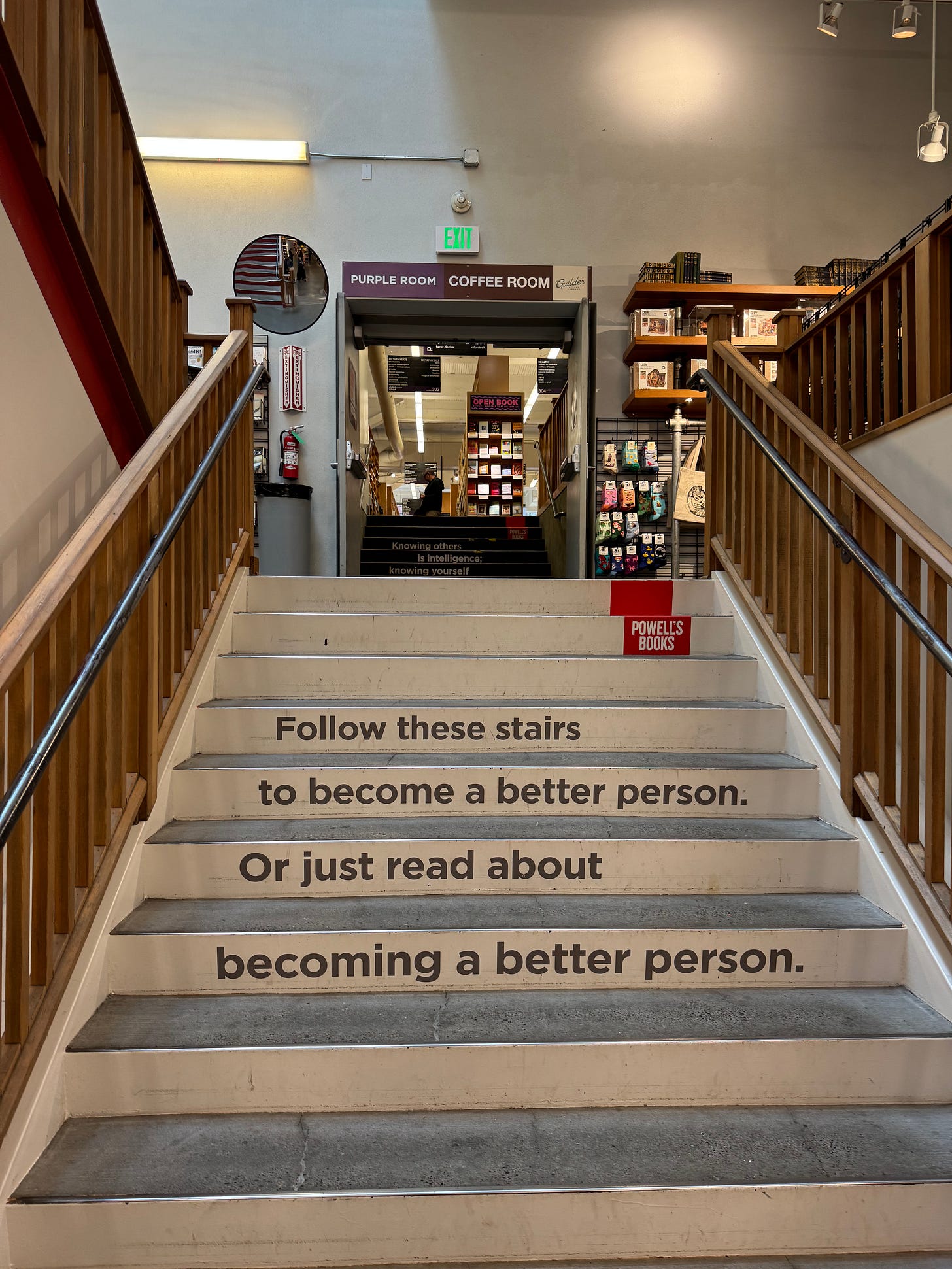Masses of Humanity, Layers of Civilization
Trump's Attack of the Cities I Love in a Short Write.
Welcome to the full moon post, once again I am drawing you into my proprioceptive writing practice, gathering my thoughts in 25 minutes, current-event style, and following up with some light editing.



